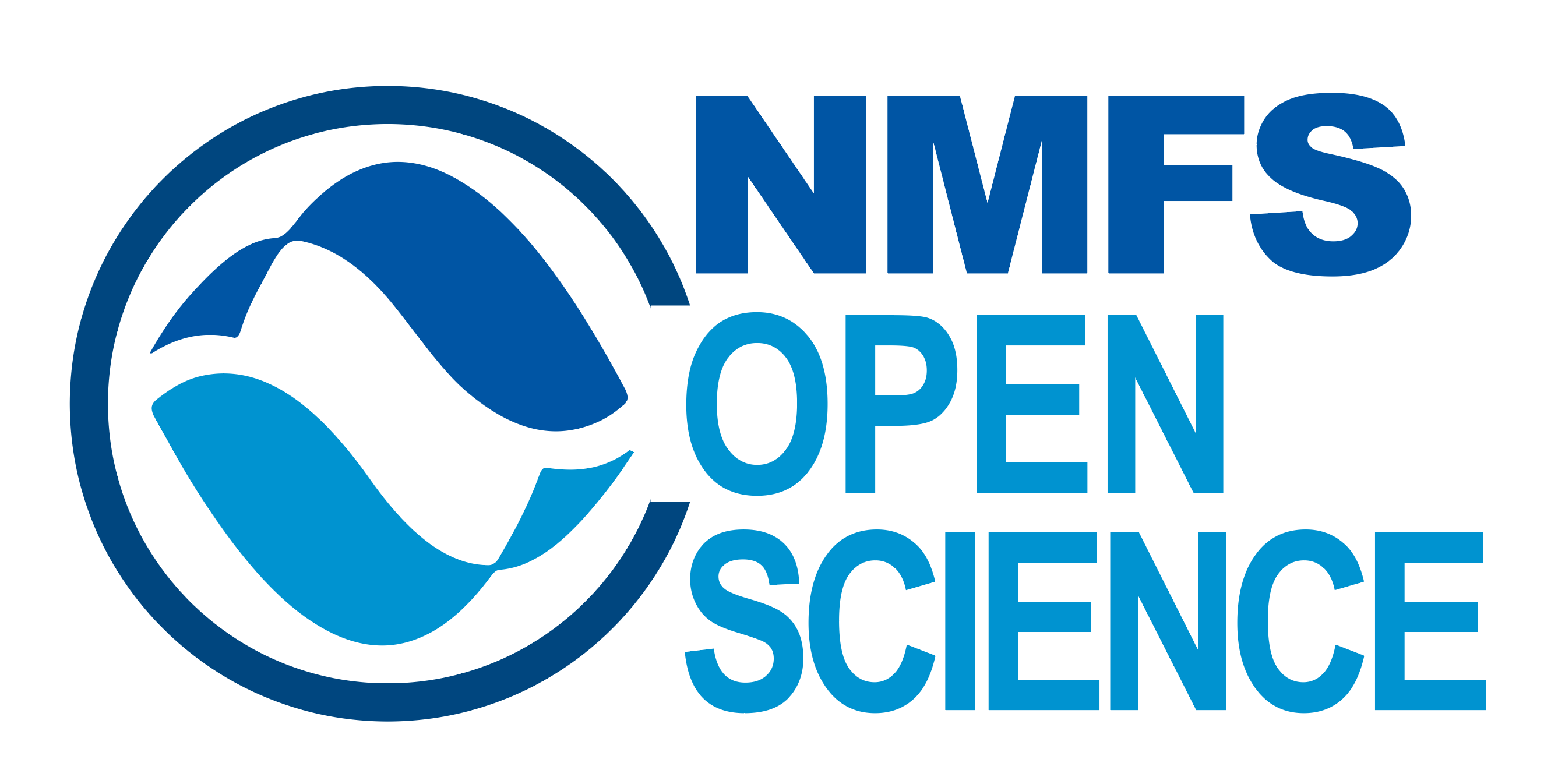Culture and Philosophy
We approach our science with a common denominator of kindness. As part of our core culture, we want this nmfs-openscapes platform to be a place where anyone can engage, learn from and with others, and ask for support.
Ask for help, and share your learning: We are all learners, and most of our learning is done from each other. It is inefficient to struggle through problems alone. Ask for and give assistance with appropriate cognizance of the value of your time and the time of the person you are asking. You are not the first or last person to encounter a problem. When you identify a problem add an issue to the lab issues repository, and update it with solutions when it is resolved. Also consider writing a tutorial/blog post for inclusion in our shared resources, and share with the larger community by tweeting, leading and sharing at a lab meeting, or running a workshop.
Make yourself available: Be responsive to communication, and make time for things that address longer term goals, even when busy. Note that being available does not mean that you are available 24/7 - this is not expected. Because as a group we value the role of collaboration and interaction in improving our work, it is expected that you be available in the lab/office during normal business hours for some time during the week.
Come prepared and be engaged: Value your time. Be present during lab and individual meetings, and come to your work ready to do your work. Contribute and participate in planning and lab discussions. When it is your turn to run a meeting, come with an agenda and be prepared with questions. Aim to view meetings as events that contribute to your work and productivity, rather than taking away from them.
Celebrate accomplishments (yours & others): You and your colleagues work hard. Things don’t always go exactly as you plan. Be supportive and proud of yourself and your peers when you accomplish things. We are not competing with each other - someone else’s success does not mean your failure. Share your accomplishments with others!
Sustain a positive, safe learning environment: Everyone learns something for the first time at some time, and people learn in different ways. Expressing that you don’t know something is OK, and we understand that this can make someone feel vulnerable. We strive to maintain a culture that allows for and encourages this vulnerability. Community members should not be disparaged for not knowing things, and in addition, should not be disparaged for knowing things or wanting to learn.
Have an interdisciplinary (open) mindset: We apply our work at the science-policy interface. This means we work on problems that span multiple disciplines. Co-creation of knowledge requires transdisciplinary approaches that can result in solutions that would not be possible with siloing. You will be collaborating with others who have different types of expertise, values, and terminology. Trust the expertise of others and actively seek feedback recognizing the importance of specialization.
Be mindful and aware of your own biases: We all have biases that are inherent and can not be removed, but we can still work on both being less biased, and more aware of bias in ourselves and others. Periodically check in on your biases.
Plan with intention, and follow through: Be organized and adaptable. Things don’t always go as planned and that’s OK. Planning can help you adapt when they don’t (see Come Prepared). Find a program/project management approach that works for you; being organized can reduce stress immensely and help you progress with your goals.
Foster inclusivity within our group and greater community: Part of our lab culture is that we are good citizens of our community, we take on leadership roles within NMFS and NOAA, we are supportive of others in our community during their milestones, we actively participate in NMFS events and perform outreach. Work to craft your individual mentoring/development plans to identify what you want to aim your efforts at.
Promote and sustain healthy work-life integration: Our scientific research is not the only important thing in our lives, and publishing research is not the only mechanism by which to provide science and support our communities. We recognize the importance of our other commitments in keeping us healthy (mentally and physically) and bring our whole selves to our efforts. Try not to normalize overwork or being busy as achievement or status.
Practice radical candor: We care personally while also challenging directly. Be honest when communicating, accept critical (but kind) feedback, and give the same to others. View relationships within the group as collaborative rather than evaluative. Don’t take constructive criticism personally.
Acknowledge and give credit: Working as part of a team, we will often (always?) be building on work done by others, receive assistance with work, and using others’ words, code, content. Include acknowledgement and give credit for those contributions, in all forms of communication. We share content and code within the group with this expectation. One easy approach is to include hyperlinks to the work of others or their social media in your work. This also helps to amplify their voice and work as well as yours.
Attribution
https://thefaylab.github.io/lab-manual/culture.html
